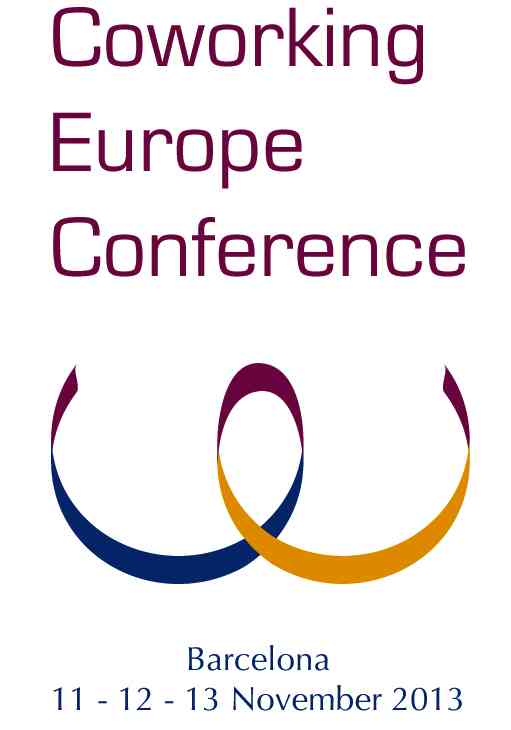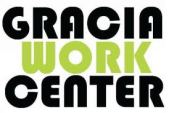“Two things: 1) Citizen Space’s lease is up for renewal. 2) We’ve been operating at about 50% capacity for several months now.
If we could fill all our desks this week, we’d have the resources to continue with a month-to-month lease. But as it stands right now, a difficult decision is upon us. We have, of course, batted around many, many options for moving forward…”
That’s how, last week, the Citizen Space in San Francisco announced the likely end of one of the coworking movement’s pionneer… 
In 2005, when no one had ever heard of the existence of shared spaces for entrepreneurs and freelances, Citizen Space (with others) coined the term coworking and developped this brand new approach.
“When you put interesting people in the same place, usually, interesting things happen”, resonated as the value proposition of coworking.
Since then, hundreds of coworking spaces have germinated all over the world. Often, Citizen Space was mentioned as a reference model.
Belgium, for instance, was no exception.
In may 2009, during a trip to SF, we were invited by an acquaintance, Candide Kemmler, to visit a very exciting place where freelances and startup could get in touch with the local entrepreneurial ecosystem. Arriving from Brussels, I remember the first impression I got while entering the space : “Hey,how can they stay all day in this windowless warehouse ?” Then we had the lunch with some of the members who told us how good it was to be part of such an energetic community. I’m not sure we mentioned the term coworking, then.
Back to Europe, we kept in mind this experience. When The Hub opened,
a few months later, we started to enjoy the reality of coworking. We
could say : we have this space now in Brussels. Look what they
achieved with the Citizen Space in San Francisco, the Walhalla of
entrepreneurs.
Some 20 months later, six coworking spaces have opened in Belgium. As many
are incubating. The same story is heard in Germany, France and other European countries. Citizen Space inspired people in Brazil or China, as well.
Citizen space is not the only coworking model we can find in the
community. But it’s a symbol. And the end of a symbol is never a good news, even for a booming community such as the coworking community today. It raises question about what failed… and what can this experience can teach us about how to run a coworking space on the longer run.
The Coworking community is certainly self supporting, today (even Google is trying out some kind of coworking, now). However, we are looking forward to learn more from the Citizen Space’ experience.
Should we take into account a new dimension while building up a coworking project : the life cycle of a coworking space ?
Jean-Yves Huwart
organiser
Coworking Europe 2010 conference










thanks for great post, let’s work on tools to sustain coworking spaces and share the experience
Thanks for your comment. Definitely, shared experienced is more than ever needed.
Allow me to introduce my vision for the future of coworking which I will post on the coworking google group page and http://piratepad.net/WOrbjOnuaE with the next week. Coworking Space 2.0 – elevating the third space
Citizen Space is still open, and doing well. Thanks to all for the comments, please drop in anytime for some coworking in SOMA, we also have a new San Jose location now, and a few more coming, we didn’t close, instead, we expanded!